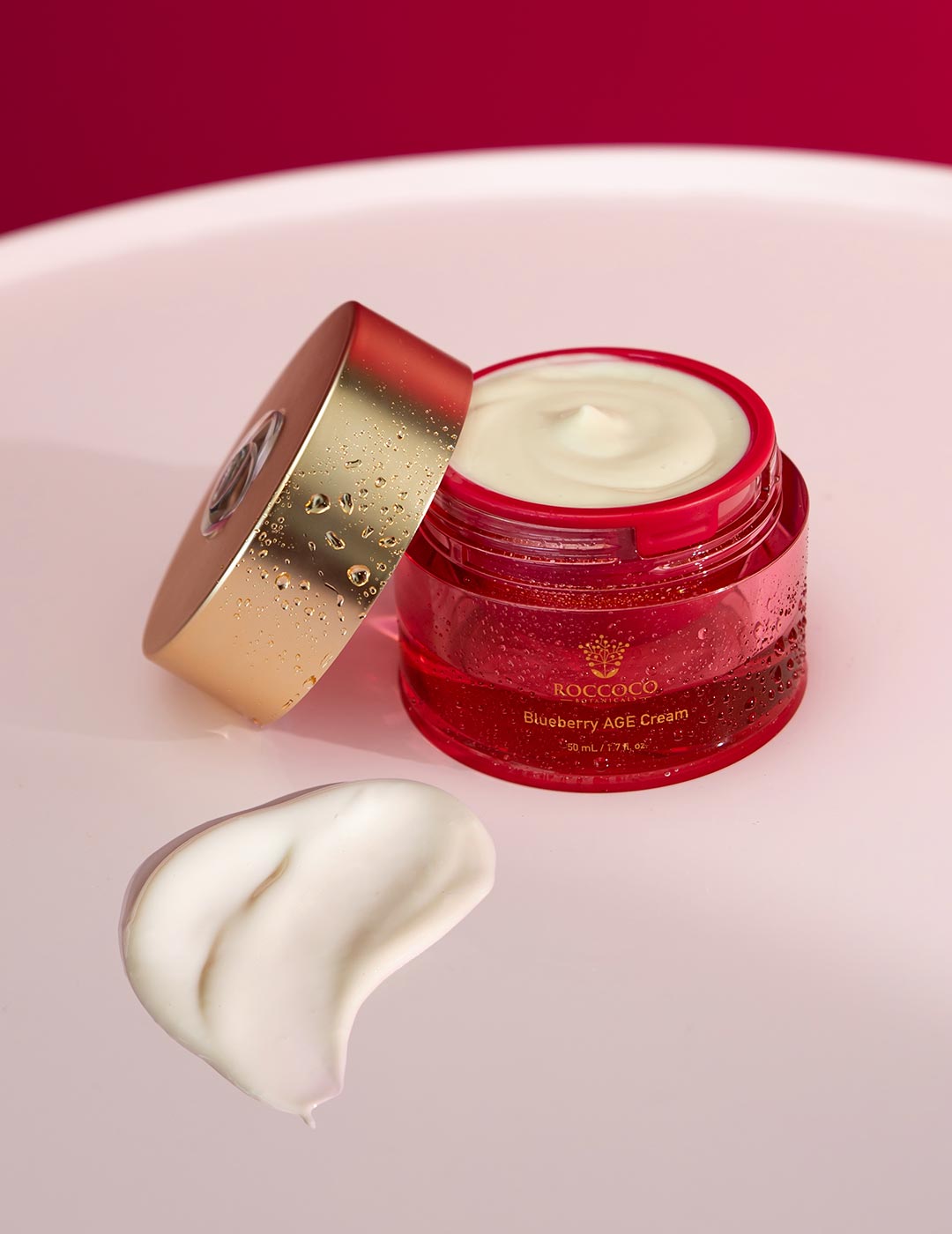In the pursuit of flawless skin, many individuals turn to harsh chemical treatments, such as chemical peels, to combat acne and achieve a smooth complexion.
While these treatments may offer temporary relief, they come with a myriad of dangers and potential side effects.
In this blog post, we will explore the pitfalls of relying on harsh chemical treatments for acne and discuss alternative, safer approaches to skincare.
Embracing natural solutions like phyto extracts, vitamins, antioxidants, and anti-inflammatory properties can effectively reduce whiteheads, clear pores, soothe the skin, and promote an even skin tone.
We will also delve into the benefits of oil cleansing, a gentle method that nourishes and cleanses the skin without causing harm.

The Dangers of Harsh Chemical Treatments
Skin Sensitivity and Irritation
Chemical peels often contain strong acids like glycolic acid, salicylic acid, or trichloroacetic acid, which can be too harsh for sensitive skin.
These acids strip away the top layer of skin, leading to redness, irritation, and peeling. Individuals with sensitive skin may experience heightened sensitivity, exacerbating existing skin issues.
Dryness and Dehydration
Chemical treatments can disrupt the natural balance of oils on the skin, leading to excessive dryness and dehydration.
Over time, this imbalance can compromise the skin's barrier function, making it more susceptible to external irritants and accelerating the aging process.
Post-Inflammatory Hyperpigmentation
Aggressive chemical treatments may trigger post-inflammatory hyperpigmentation, leaving dark spots on the skin.
Increased Sun Sensitivity
Chemical peels make the skin more sensitive to sunlight, increasing the risk of sun damage.
Without adequate sun protection, people undergoing chemical treatments may experience sunburns, premature aging, and a higher risk of skin cancer.

Alternative Solutions for Acne Treatment
Phyto Extracts
Phyto extracts, derived from plants, offer a natural and gentle way to treat acne.
Ingredients such as chamomile, green tea, and calendula possess anti-inflammatory and antimicrobial properties, helping to calm the skin and reduce redness associated with acne.
Vitamins and Antioxidants
Vitamins like A, C, and E, along with antioxidants, play a crucial role in promoting skin health.
Vitamin A aids in skin renewal, Vitamin C brightens and evens out skin tone, while Vitamin E provides nourishment and protection against environmental damage.
Anti-Inflammatory Properties
Ingredients with anti-inflammatory properties, such as aloe vera and chamomile, can help soothe irritated skin.
These natural elements work gently to reduce redness and inflammation, offering a calming effect without the harsh consequences of chemical treatments.
Oil Cleansing
Contrary to popular belief, oil cleansing can be highly beneficial for acne-prone skin.
Natural oils like jojoba, grapeseed, or sunflower oil can effectively dissolve excess sebum, unclog pores, and nourish the skin without stripping away its natural oils.

Benefits of a Gentle Approach
Sustainable Results
Gentle skincare approaches focus on nurturing the skin rather than causing trauma.
This leads to sustainable results, addressing the root causes of acne without compromising the skin's integrity.
Reduced Side Effects
Unlike harsh chemical treatments that often result in redness, peeling, and irritation, natural alternatives are less likely to cause adverse side effects.
This makes them suitable for people with sensitive skin.
Long-Term Skin Health
Prioritizing natural ingredients and gentle methods contributes to long-term skin health.
By avoiding aggressive treatments, individuals can maintain a balanced complexion, reduce the risk of skin damage, and slow down the aging process.
In the quest for clear skin, it's crucial to prioritize methods that promote overall skin health without causing harm.
Harsh chemical treatments, while promising quick results, come with a host of dangers that can compromise the skin's well-being.
Embracing alternatives such as phyto extracts, vitamins, antioxidants, anti-inflammatory properties, and oil cleansing offers a gentle and effective approach to treating acne.
Read more

In recent times, environmental pollution has become a huge problem – not only for the planet, but for skin aging and damage. The increasing levels of pollutants in the air have far-reaching conse...

In the ever-evolving world of skincare, finding the perfect blend of ingredients that not only cleanse the skin but also nourish and protect it can feel impossible. Enter Roccoco’s Soothing Cleans...



